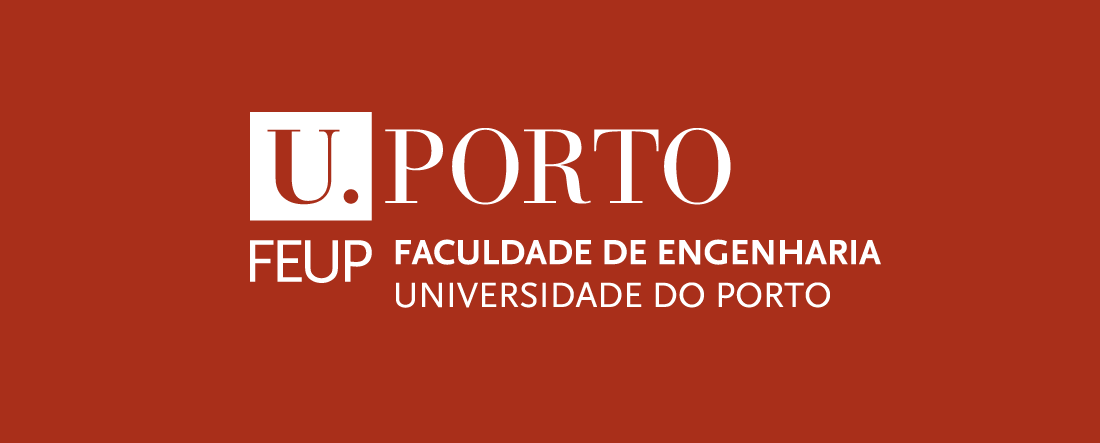Ph.D. thesis by Héber Miguel Plácido Sobreira
Author: Héber Miguel Plácido Sobreira
Date: June 19, 2017
PhD Committee:
José Silva Matos, Full Professor, Faculty of Engineering of the University of Porto (President);
Carlos Baptista Cardeira, Assistant Professor, Instituto Superior Técnico, University of Lisbon;
António Fernando Macedo Ribeiro, Associate Professor, School of Engineering of the University of Minho;
Luis Miguel Pinho de Almeida, Associate Professor, Faculty of Engineering of the University of Porto;
Pedro Luís Gomes da Costa, Assistant Professor, Faculty of Engineering of the University of Porto;
António Paulo Mendes Moreira, Associate Professor, Faculty of Engineering of the University of Porto (Supervisor).
Abstract:
The reliability and robustness of a mobile robot’s tracking system are critical to how well and safely it performs its tasks.
A reliable tracking system is one that assures accuracy levels fit for several different working conditions, allowing the robot to work continuously. A robust system is that which presents high tolerance against external interference, by detecting failures and properly reacting to them.
The goal of the present work is to develop algorithms that increase existing localization systems’ reliability and robustness, so as to extend their application to other fields, namely to industrial systems. Herein, solutions tend to be conservative, and it becomes interesting to explore this environment, where the tracking system relies upon the detection of reflectors installed high above the ground, by means of a specific sensor (navigation laser).
This enables good sensory quality, avoiding occlusions and diminishing the occurrence of outliers. Both reflector based systems and systems that rely solely on the geometry of the environment surrounding the robot (contour-based) were developed.
Regarding reflector-based tracking systems, a sensory fusion algorithm (Extended kalman Filter) and an outlier filtering process were used to achieve a system with enough precision and robustness to be applied industrially, with the use of ground level reflectors, thus avoiding the cost associated to the installation of a sensor on top of the robot.
As for contour-based tracking, a comparative study between different Map Matching algorithms was performed. This study rendered the Perfect Match highly relevant. Several improvements towards the increase of tolerance to outliers were made, in order to achieve the levels required for industrial application. Global tracking and failure detection were also explored here.
All of the aforementioned developments were extensively tested, both through simulation and using real robots, in several environments. The results obtained brought to light the reliability of the proposed solutions, both in terms of precision and in terms of robustness; their application to demanding environments, such as industrial systems, is thus considered promising.

